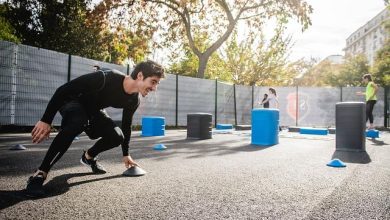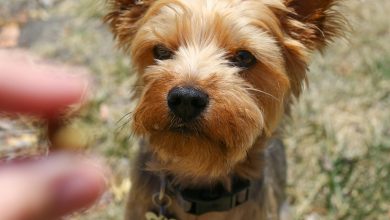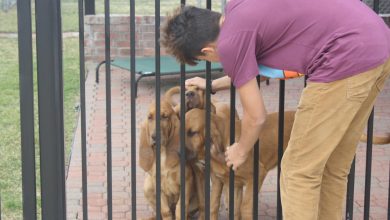The Best Way to Use Positive Training for Potty Training Success
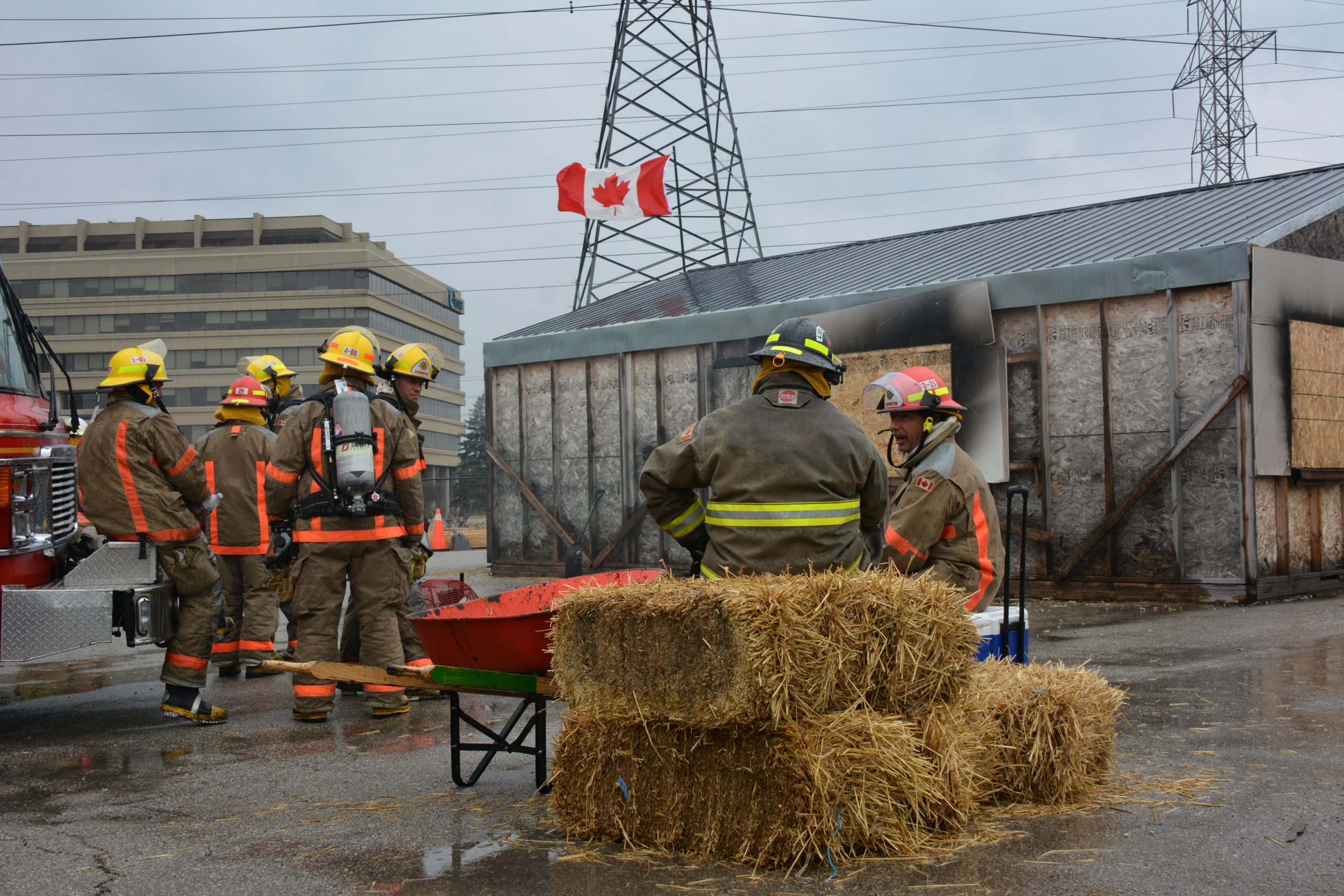
Potty training is a significant milestone in a child’s early development, marking a journey toward independence and self-assurance. For parents and caregivers, it often feels like navigating a maze filled with excitement, challenges, and occasional setbacks. In the midst of this journey, one method has emerged as a guiding star: positive training. This approach, rooted in encouragement and affirmation, transforms potty training from a daunting task into an empowering experience for both child and parent. In this article, we delve into the best practices for employing positive training techniques, exploring how they foster a supportive environment that nurtures confidence and paves the way for potty training success. Join us as we uncover the art of turning praise into progress and smiles into milestones.
Understanding the Basics of Positive Reinforcement
At its core, positive reinforcement involves rewarding desired behaviors to encourage their repetition. In the context of potty training, this method proves incredibly effective by focusing on rewarding a child’s successful use of the potty. The key is to ensure that the rewards are immediate and meaningful to the child, helping to build a positive association with the behavior. Consistency is crucial here, as children thrive on routine and clear expectations.
- Immediate Praise: As soon as your child uses the potty, offer verbal praise. Words of encouragement, such as “Great job!” or “You’re doing amazing!”, can significantly boost their confidence.
- Small Rewards: Consider using small incentives, like stickers or a favorite snack, to celebrate each successful attempt. Keep these rewards special and reserved solely for potty training achievements.
- Visual Charts: Utilize a reward chart to visually track progress. Every successful trip can be marked with a sticker, providing a tangible sense of accomplishment and motivation.
Through these methods, positive reinforcement not only helps in achieving potty training success but also fosters a supportive environment that empowers your child. The ultimate goal is to encourage independence while ensuring the experience is enjoyable and stress-free.
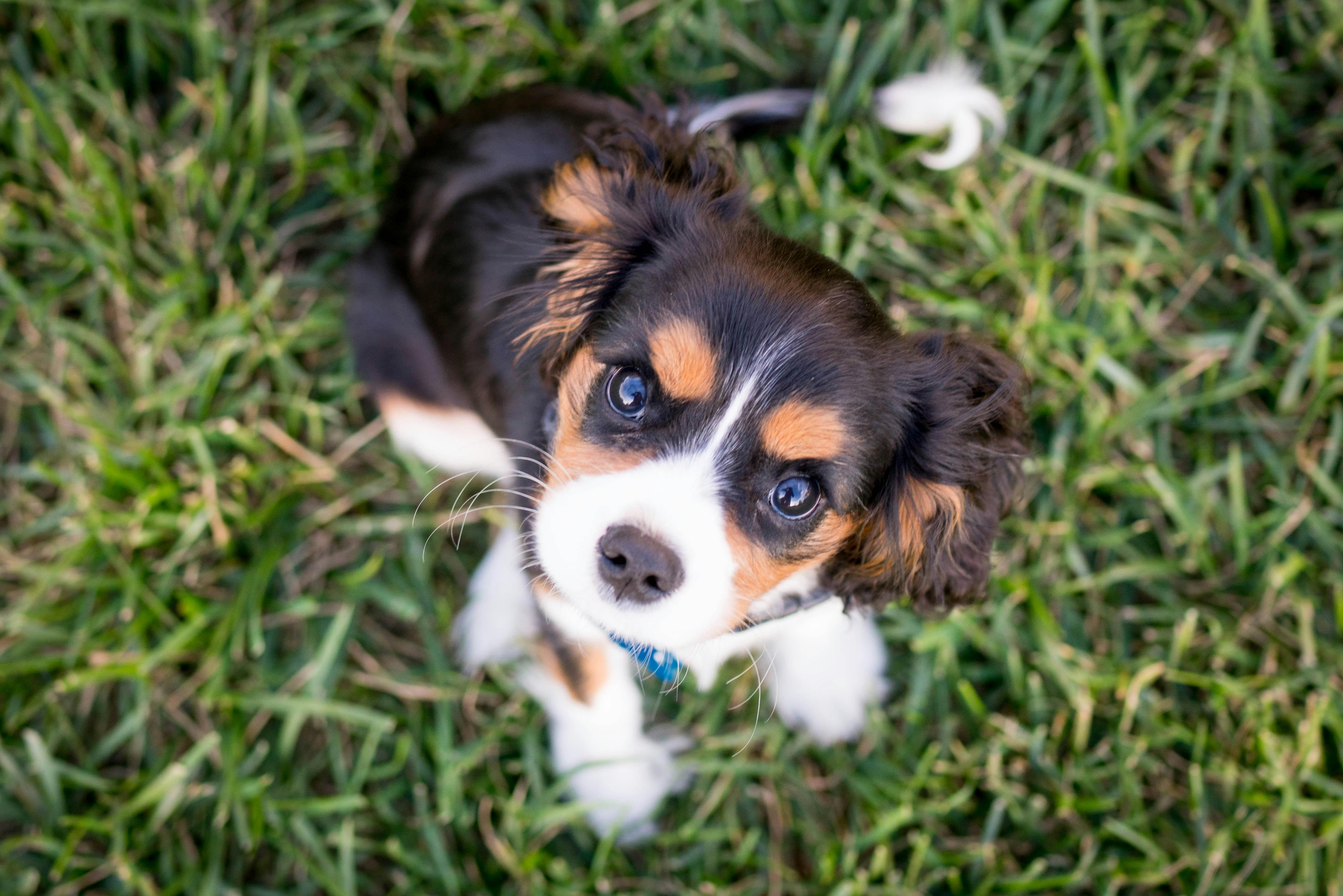
Creating a Consistent Routine for Your Puppy
Establishing a rhythm for your puppy’s daily activities can be a game-changer in their development. Puppies thrive on predictability, and a structured schedule can help them feel secure and learn faster. Start by setting specific times for meals, walks, play, and rest. This not only aids in potty training but also promotes a balanced lifestyle for your furry friend.
- Meal Times: Feed your puppy at the same times each day to help regulate their digestion.
- Walks and Play: Incorporate regular intervals of exercise to expend their energy positively.
- Rest Periods: Ensure your puppy has a quiet space to nap, helping them recharge for the next round of activities.
By integrating these elements into your puppy’s routine, you foster an environment conducive to learning and growth. A consistent schedule not only supports potty training but also strengthens the bond between you and your pet, paving the way for a happy, well-adjusted companion.
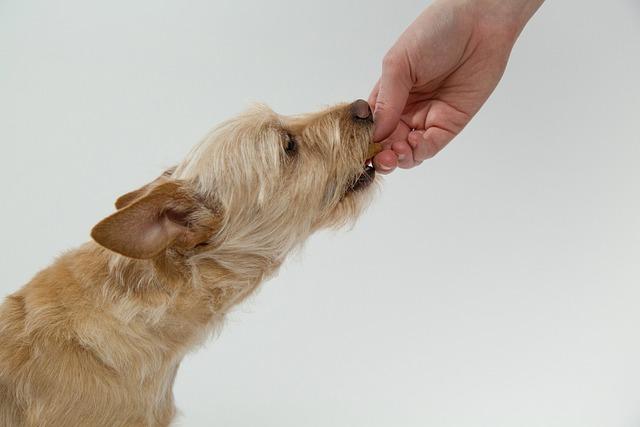
Choosing the Right Rewards for Effective Training
Selecting the perfect rewards can significantly enhance the effectiveness of your potty training efforts. It’s important to choose incentives that are both appealing and motivating to your child. Consider a mix of tangible and intangible rewards to keep things exciting and rewarding for them.
- Stickers and Charts: Create a colorful chart where your child can proudly display their collection of stickers after each successful attempt.
- Small Toys: Choose a variety of inexpensive toys that can be awarded for consistent progress.
- Extra Playtime: Offer an additional 10 minutes of play with their favorite toys or a special outing to the park.
- Verbal Praise: Never underestimate the power of a heartfelt “Well done!” or “I’m so proud of you!”
By combining these different types of rewards, you create a positive and encouraging environment that fosters learning and development. Tailor the rewards to your child’s interests and preferences, ensuring they remain engaged and motivated throughout the potty training journey.

Overcoming Common Challenges with Patience and Positivity
Potty training can be a daunting task for both parents and toddlers, but with a touch of patience and a sprinkle of positivity, it becomes a rewarding journey. Embracing a positive training approach means celebrating small victories and maintaining a calm demeanor during setbacks. It’s important to remember that every child learns at their own pace, and progress may not always be linear. Here are some tips to help you stay patient and positive:
- Celebrate small wins: Every successful attempt, no matter how minor, is a step forward. Offer praise or a small reward to reinforce good behavior.
- Stay consistent: Establish a routine that your child can depend on, which helps them understand what to expect and reduces anxiety.
- Use encouraging language: Positive words and tone can boost your child’s confidence and make the process more enjoyable.
- Avoid pressure: Recognize that accidents are part of learning. Stay supportive and avoid showing frustration.
By focusing on the journey rather than just the destination, you can create a nurturing environment that fosters confidence and independence in your child.
